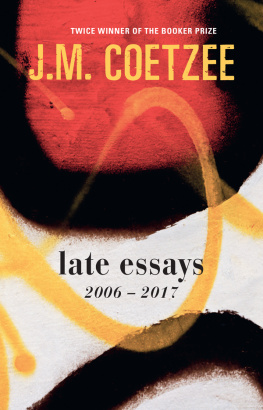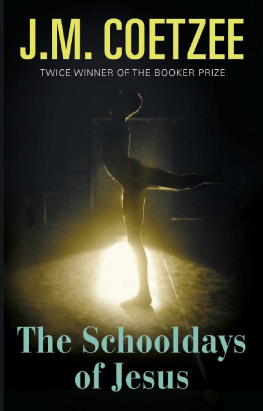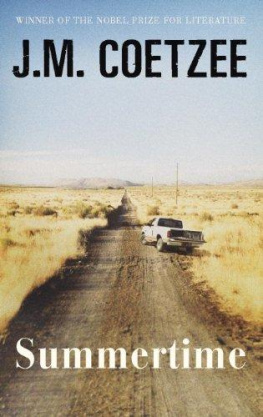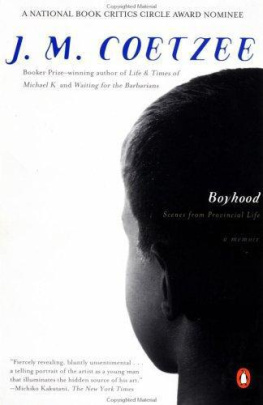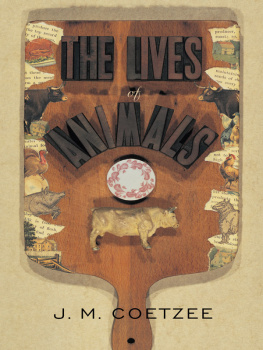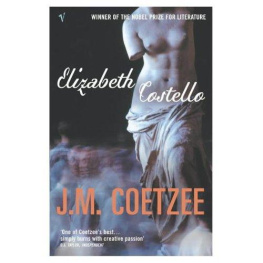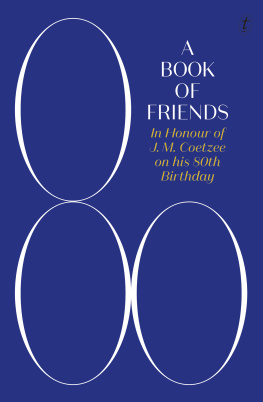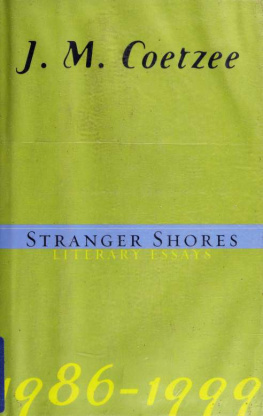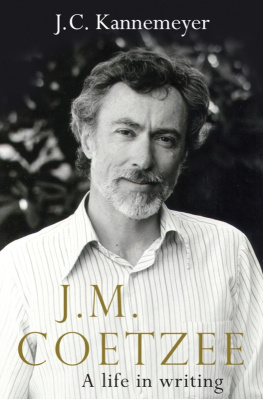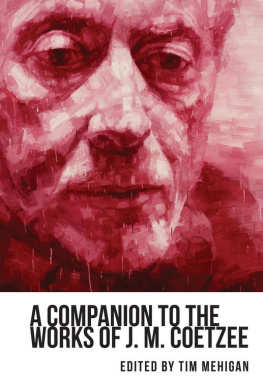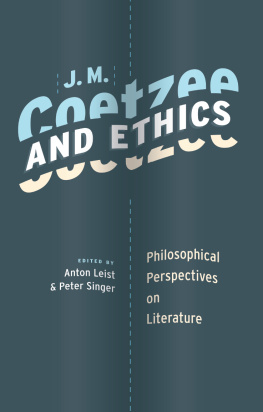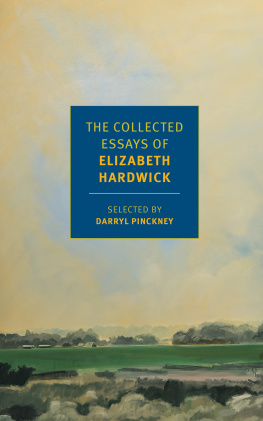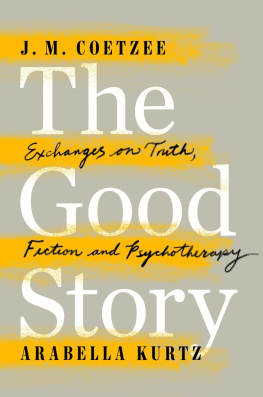1. Daniel Defoe, Roxana
Daniel Defoe was born in 1660 into a family of Dissenters, that is to say, fringe Protestants of Calvinist orientation. Universities being closed by law to Dissenters as to Roman Catholics, he was educated at a Dissenting academy on the outskirts of London. This was not a bad thing. English universities were at a low point in their history, whereas academies like the one he attended were open to new currents in philosophy and natural science. They taught not the classical curriculum of grammar and rhetoric but practical subjects like history and geography, and trained students to write in their native English.
On graduating Defoe looked forward to a career in commerce; but his restless, sometimes headstrong involvement in national affairs, complicated by his minority status as a Dissident, made life as a businessman hard to realize. Though he prudently retreated from the radically egalitarian views of his early years, his standpoint remained, broadly speaking, progressive, particularly on relations between the sexes. As a journalist and political commentator he decried arranged marriages and agitated for reform of the marriage laws. Being married to someone you do not love, he wrote, was like the variety of capital punishment practised in ancient Rome in which the homicide was bound to the corpse of his victim and left to die of slow putrefaction. He advocated education for women according to a modern curriculum that would equip them to manage their own affairs. His own marriage was notably happy.
Because he wrote freely (promiscuously, his critics said) on every subject under the sun, and with (apparently) careless haste, Defoe has been accorded a peculiar position in the history of literature: as an unwitting, accidental pioneer of the novel of realism. Here is the French critic Hippolyte Taine, writing in 1863:
[Defoes] imagination is that of a man of business rather than an artist, packed with facts, almost crammed full with them. He presents them as they come to him, without arrangement or style, as if conversing, not trying to achieve effects or compose a proper sentence, employing technical terms and vulgar turns of phrase, repeating himself if need be, saying the same thing two or three times.
To Taine, Defoe seems simply to be exposing the contents of his mind without the intervening agency of art. Because the resulting jumble is much like the jumble of everyday life, we take it to be in some vague sense real or true.
It is in [avoiding the appearance of fiction] that his talent lies. In this way his imperfections serve his interest. His oversights, his repetitions, his prolixity contribute to the illusion: we cannot claim that such and such a detail, so petty, so dull, could be invented an inventor would have left it out, it is too tedious to have been put in on purpose.
Taines verdict on Defoe is a harsh one, yet in essence it persists to the present day. As a writer Defoe did not know what he was doing, therefore could have had no idea of the importance of what he was doing. Instead, following intuitions that, in retrospect, we concede may have flowed from a certain inborn genius, he gave us, under a series of disguises, a representation of the mind of his age, or rather, the mind of an important social actor: the inquisitive, acquisitive man or woman of the ascendant Protestant middle class.
One of the things about Defoe that irritated the people around him was his self-confidence. There was nothing he believed he could not do. In an age that did not lack for men of high intellect (Isaac Newton was a contemporary), Defoe was a supreme exemplar of a different kind of intelligence: of practical intelligence, of knowing or working out how to do things. Here follows a partial list of things he did during his seventy years on earth.
He conducted, at various times and with varying degrees of success, trading operations in wines and spirits; in riding-horses; in linen textiles; in woollen textiles and hosiery; in commercial seed; in tobacco and lumber; in cheese, honey, and shellfish. He engaged in the financing of commercial fishing and ran a factory that made bricks and roofing tiles. He ploughed money into two failed projects: raising civet cats for the perfume trade; and building a diving bell to search for sunken treasure on the seabed. He was twice declared bankrupt and imprisoned.
In a parallel career in journalism he edited a journal of opinion, the Review , which he brought out three times a week from 1704 until 1713. Specializing in foreign affairs and economic forecasting, it was unmatched in its day for the acuity and intelligence of its reporting, for all of which Defoe himself was responsible. Republished in full for the benefit of scholars in 1938, it runs to twenty-two fat volumes.
In 1703 Defoe was prosecuted and found guilty of what would today be called hate speech, on the basis of a pamphlet he wrote in which, impersonating a fanatical Church of England preacher, he argued that the best way of dealing with troublesome Dissenters was to crucify them. He spent five months in prison, followed by public exposure on the pillory.
He was employed by successive government administrations as what we would today call an intelligence officer but in his day was called a spy. In the course of his duties he crossed the length and breadth of the country sounding out popular opinion and reporting his findings to his bosses in London. He used this experience to set up a nationwide network of informers run from Whitehall.
His close knowledge of national affairs provided the basis of a three-volume work he published after he had left state employment and was making a living as a professional writer (a profession which, if he did not invent it, he certainly pioneered). A Tour through the Whole Island of Great Britain is at the same time a guidebook for travellers, an analysis of the state of British society, and an account of Britains economic prospects, the most authoritative such survey of its day.
Then, beginning in 1719, when he was nearing the age of sixty, Defoe wrote and published in rapid succession a series of books that pretended to be the life stories of adventurers and criminals, as narrated by themselves books which did much to define the shape and style of the modern novel. The first of these fictions, The Life and Strange Surprising Adventures of Robinson Crusoe, of York, Mariner: Written by Himself , gripped the public imagination and was a great commercial success.

